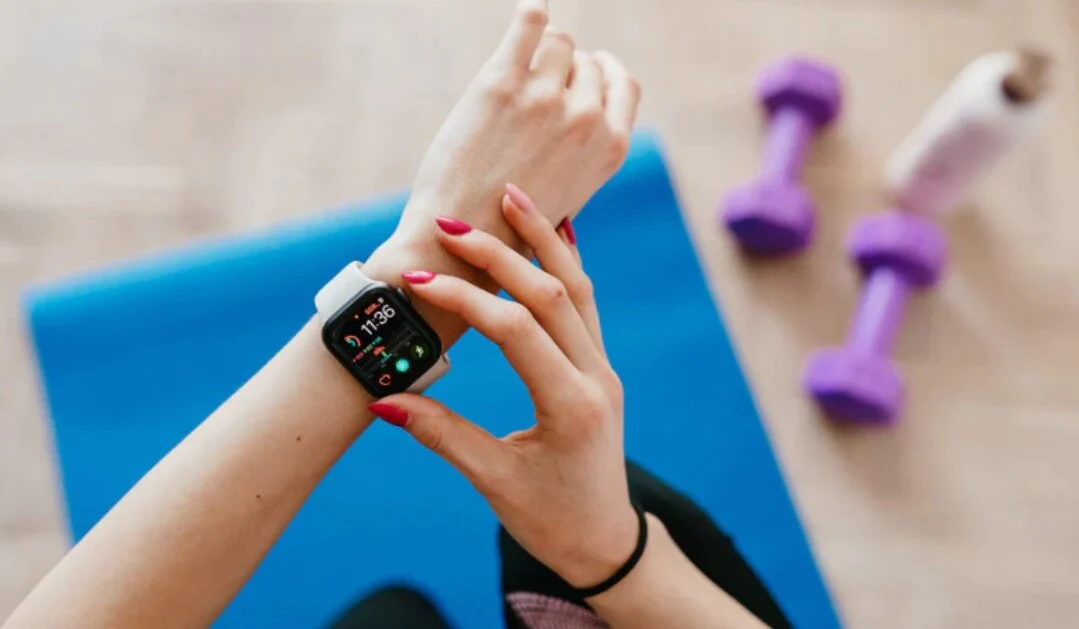Wearable fitness trackers are becoming increasingly popular. They can track your steps, heart rate, sleep patterns and more. They can also help you stay motivated by tracking your progress and encouraging competition with friends.
However, they can be inaccurate. For example, they can overestimate your calorie burn and underestimate your heart rate when working out.
They can help you stay motivated
Many fitness trackers offer goal-setting capabilities and visual progress to encourage individuals to meet their health goals. They can also help motivate people to stay active throughout the day, sending reminders and providing personalized insights to keep users on track.
Additionally, most models can sync with a user’s smartphone to send alerts for calls, texts, emails and social media posts. Some even have music and text capabilities, making them a convenient option for people who want to stay connected while working out.
Many fitness trackers can help individuals feel motivated by displaying their daily progress and encouraging them to work hard to beat their personal bests. However, if a person becomes too obsessed with the numbers on their wristwatch, it may be time to reconnect with why they decided to purchase the device in the first place and find new ways to motivate themselves. For example, instead of obsessing over the number of steps they’ve taken, they can take a longer walk after work or try to compete with friends online in friendly competition.
They can help you track your progress
Many trackers allow users to set a goal, like 10,000 steps per day, and then provide feedback on their progress. This can be a great way to motivate people and help them stay focused.
Many devices also come with extra motivation in the form of virtual rewards, which can make people more excited about meeting their goals. For instance, a fitness tracker can show a person how much they’ve walked in the past week and reward them with digital badges each time they walk a certain number of miles.
Some fitness trackers can even monitor a person’s heart rate to give them a better idea of how much they are sweating. Earlier generations of fitness trackers included chest bands to measure heart rate, but modern models typically use photoplethysmography to see how light is scattered on the skin, which helps the device determine your heart rate. This isn’t as accurate as a medical device, but it can still be useful for some people.
They can help you track your sleep
Many fitness trackers have special sleep tracking capabilities. They use gyroscopes and accelerometers to determine your movement and can track your sleep cycle, waking up times and even how many flights of stairs you climb. They can also notify you of incoming calls, text messages and social media posts. Some can even sync with other devices like your bathroom scale or a heart rate monitor.
Some trackers use a chest band to measure your heart rate, but the latest models are usually worn on the wrist and use photoplethysmography. This works by shining a beam of green light into your wrist and measuring how much the blood absorbs. As your heart beats faster, it will absorb more of the green light.
Most people who use fitness trackers love them because they motivate them to exercise. They enjoy seeing the numbers go up and get excited when they hit specific goals. The data can also help them make healthier eating choices and improve their sleep quality.
They can help you track your food
Many fitness trackers come with a food-tracking feature that can make it easier for your client to see how much they’re eating against how many calories they’re burning. This can help keep them on track for their weight loss goals.
Many trackers have a sensor that detects when your client is active, so they can get accurate step counts. However, they’re prone to errors from less-obvious activities such as washing hands or using their computer mouse. They also can’t always accurately track the different types of exercise they do.
Experts say that fitness trackers have become more reliable over the years. But, they shouldn’t be used as a replacement for other methods of motivation. For example, getting enough sleep is critical for losing weight and improving your health. Yet, a recent study found that people who used fitness trackers didn’t lose as much weight as those who didn’t. This could be because the device doesn’t take into account other factors such as the quality of their sleep or diet.





